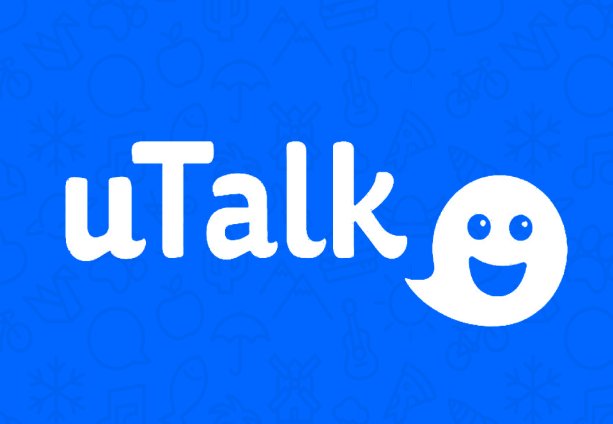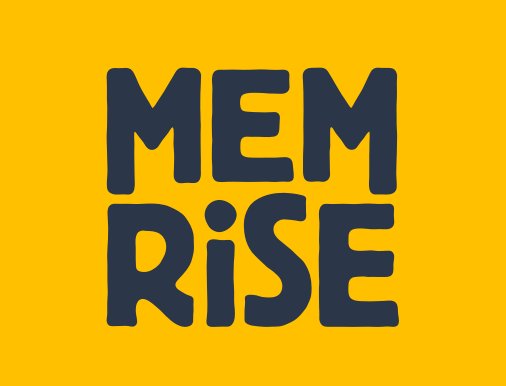In order to compile a dictionary for Penang Hokkien, I am acutely aware that there has to be a methodology in place to determine when a word is permitted into the dictionary, and when it is barred. It is all too easy to adopt words existing in other Hokkien dictionaries, wholesale, into Penang Hokkien. But doing so is a disservice to the language, as it replaces the way we say things with what someone else do it. On the other hand, it is also easy to go to the other extreme, and bar all words but the purest Penang Hokkien words. I have to find the middle path that preserves the essence of the language, yet giving in room to grow and develop as a modern, living language.
I give the analogy that America wakes up one morning to find that aliens came down in the dead of night and took away all their dictionaries. Without a dictionary of their own, the Americans borrowed from the British the use of their dictionary. In so doing, they began to read, write and pronounce the British way. Then one night, twenty years later, the aliens came back, and returned all the dictionaries. When they woke up the next day, the Americans saw their old dictionaries, back where they were. But the Americans also realized that in the 20-year absence, they have evolved away from how they once spoke. And it's not a natural evolution, but one forced on them 20 years ago via an external force.
I am on guard against that happening to Penang Hokkien. That is why it is so extremely necessary to compile words that we speak, based on how we pronounce each word. I am doing this by canvassing the feedback and input from actual speakers. But am I getting the input from actual speakers of Penang Hokkien? That is something that is of concern to me. But how do I find out? Well, to be precise, if you are giving me input into the dictionary, and you are not a natural speaker of Penang Hokkien, please let me know. I will add your input as the pronunciation of your Hokkien, be it Klang, Singapore, Taiwan, Philippines, or any other type.
The next issue is, when should a word be added into Penang Hokkien. In order for the language to develop, it is necessary to accept words from other languages, from English, Malay, Mandarin, Taiwanese Hokkien, Singapore Hokkien, etc. If we adopt a closed-door policy, can the language survive on its own? I doubt so. I think Penang Hokkien is all the richer with all the loanwords. Having said that, there has to be a methodology to determine when should a loanword be added, and certainly not in a wholesale fashion, by simply copying any existing Hokkien dictionaries. These dictionaries should serve only as a reference, a guide, but they are not the final authority.
But what about the issue of loanwords vs original Hokkien ones? Should we say ba1tu2 or ciok3thau2? How do you call a hippopotamus in Penang Hokkien, do you say hip1po4, hémǎ or ho3bae4? Should we be reliant on a loanword in our conversation, or fall back on the original one? I believe each speaker should be at liberty to use the word of his choice, be it a loanword or an original Hokkien word. Having said that, the dictionary should nonetheless show the actual Hokkien word, for it is after all a reference tool.
If a word is pronounced in more than one way, how then should it be spelled? Unlike Chinese characters, where a single character can easily take on a variety of pronunciations, romanised words tend to be more faithful to their spelling. But if a word with 4 different pronunciation has 4 different spelling, then learners will have to learn four different variants. On this issue, while I may allow more than one spelling into the dictionary, I use one "official" spelling which I call the canonical. That means, at the very least, learn one spelling of the word.
For a person who is born in Penang and has been living in Penang all his life, I am also aware that different people in Penang speak Penang Hokkien differently. So how would I be able to claim that mine is the authentic and yours is not? That is one thing I would avoid doing. Nonetheless, if a person contributes an input that doesn't seem familiar to me, I will need to learn more why he speaks in such a way.
English, Mandarin, all the major languages of the world are all the richer because they adopt an open-door policy to accept new words, whether homegrown or loaned. As long as it does not threaten or modify the way we speak our language, we should accept new words and new ways of expressing ourselves.
In addition to accepting loanwords from languages "neighbors", I am not above coining words into Penang Hokkien. Every language evolves, and if I need to express something in ways that is uncommon, I may coin words too. In the same way, anybody wanting to write using my writing system should have the liberty to coin, but should collaborate with me in ensuring coined words are clearly identified, documented and added to the dictionary. I have no intention to freeze-frame the language to how it was spoken by a specific generation of our forefathers, but am laying the foundation for the language to develop from here and into the future.
Language Learning Tools
Use the following language learning tools to learn Penang Hokkien!Learn Penang Hokkien with uTalk
This app opens the door to over 150 languages.Return to Penang Hokkien Resources

Copyright © 2003-2025 Timothy Tye. All Rights Reserved.

 Go Back
Go Back
